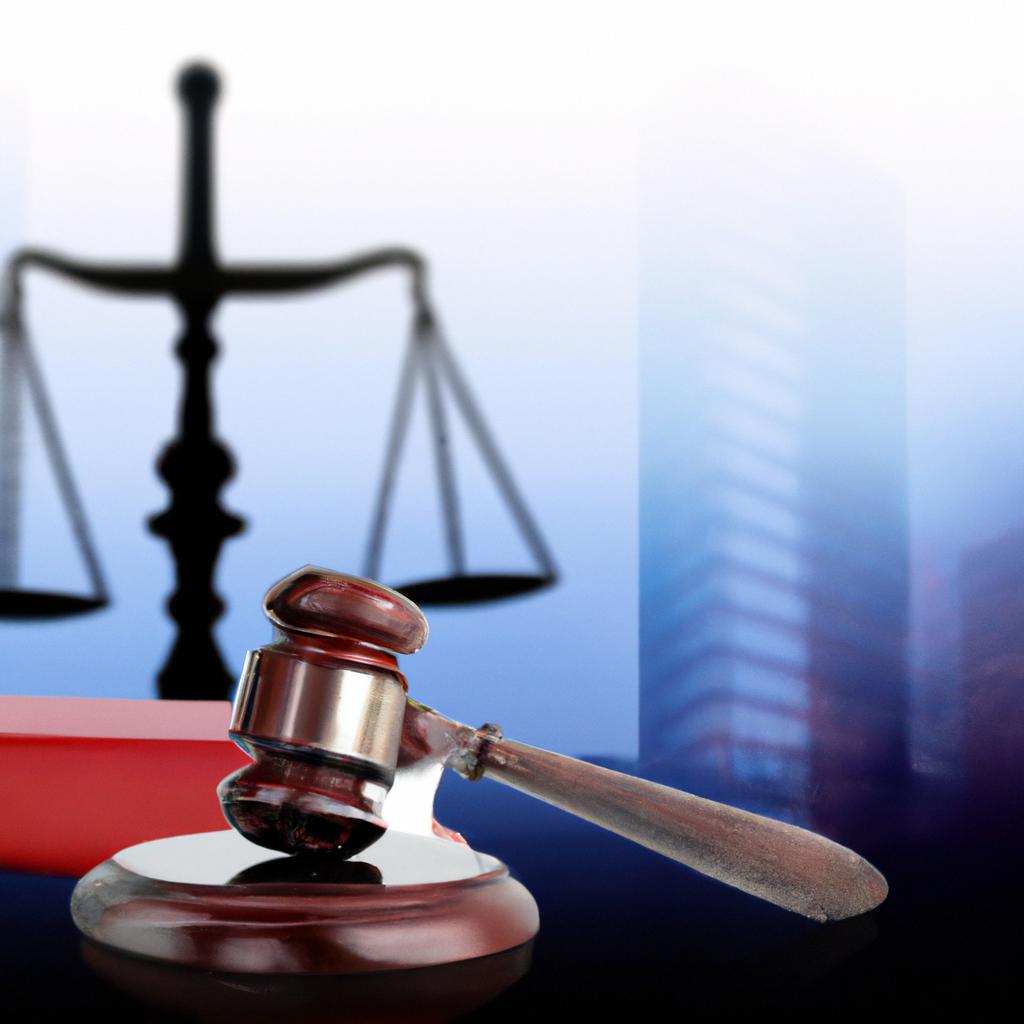In the intricate web of estate planning, the role of executor of an estate without a will is a subject of great importance and complexity. Here at Morgan Legal Group, nestled in the heart of New York City, we specialize in navigating the intricacies of probate and estate administration. Join us as we delve into the intricacies of determining who becomes the executor of an estate in the absence of a will, shedding light on the often-misunderstood legal intricacies surrounding this crucial aspect of estate planning.
Determining the Executor of an Estate without a Will
When a loved one passes away without a will, determining who will become the executor of their estate can become a complex process. The role of an executor is crucial, as they are responsible for managing the deceased person’s affairs, paying off debts, and distributing assets to the rightful beneficiaries. Without a clear directive from a will, the court will appoint an executor based on the state’s laws of intestacy.
Typically, the court will look for a close family member, such as a spouse or adult child, to act as the executor. If there are no willing or capable family members available, the court may appoint a trusted friend or a professional executor, such as a lawyer or a financial advisor. It’s important to note that being appointed as an executor is a significant responsibility, and the individual chosen must be capable of handling the duties and complexities of the estate.

Key Factors in Appointing an Executor of an Intestate Estate
In the absence of a valid will, the court will appoint an executor to manage the estate of the deceased individual. The appointment of an executor without a will is governed by state laws and regulations, which typically prioritize family members and close relatives to assume this role. Here are some key factors to consider when appointing an executor of an intestate estate:
- Relationship to the deceased: Family members such as spouses, children, parents, and siblings are often given priority in being appointed as executors.
- Competence and availability: The appointed executor should be capable of handling the responsibilities of managing the estate and should be available to fulfill these duties in a timely manner.
- Conflict of interest: It is essential to consider any potential conflicts of interest that may arise if a certain family member is appointed as the executor.
When appointing an executor of an intestate estate, it is crucial to carefully assess the individual’s qualifications, trustworthiness, and ability to carry out the necessary tasks. The executor plays a significant role in administering the estate, distributing assets to beneficiaries, paying off debts, and fulfilling any legal obligations. At Morgan Legal Group, our experienced estate planning attorneys can assist you in navigating the complex process of appointing an executor without a will, ensuring that your loved one’s estate is managed efficiently and in accordance with the law.

Challenges Faced by Potential Executors in the Absence of a Will
When a loved one passes away without leaving a will, the process of administering their estate can be daunting. One of the main challenges faced by potential executors in this situation is determining who will take on the role of executor. Without a will designating a specific individual to act as executor, family members may disagree on who should take on this crucial responsibility. This can lead to disputes and delays in settling the estate.
Another challenge faced by potential executors in the absence of a will is determining how to distribute the deceased’s assets. In the absence of clear instructions provided in a will, the executor must follow state intestacy laws to determine how the estate will be distributed. This can be complex and time-consuming, as intestacy laws vary from state to state and may not align with the deceased’s wishes. Furthermore, without a will, the estate may be subject to higher taxes, reducing the amount of assets that ultimately go to beneficiaries.

Recommendations for Nominating an Executor in the Event of Intestacy
When it comes to nominating an executor in the event of intestacy, there are several important considerations to keep in mind. The executor plays a crucial role in administering the estate and ensuring that the deceased’s wishes are carried out. Here are some recommendations to help you select the right person for the job:
- Trustworthiness: It is essential to choose someone who is honest and reliable to serve as the executor of your estate. This person will be responsible for handling your assets and ensuring that they are distributed according to the law.
- Organizational skills: The executor should be someone who is well-organized and detail-oriented. They will need to handle various tasks, such as paying off debts, filing tax returns, and distributing assets to beneficiaries.
Additionally, it is important to consider how the potential executor will handle potential conflicts among family members and beneficiaries. The individual should be able to remain impartial and make decisions based on what is best for the estate as a whole. By carefully selecting an executor who meets these criteria, you can help ensure that your estate is administered efficiently and effectively in the event of intestacy.
Q&A
Q: What happens if someone dies without a will?
A: When someone dies without a will, their estate will be distributed according to the laws of intestacy in their state.
Q: Who becomes the executor of the estate when there is no will?
A: The court will appoint an administrator to handle the affairs of the estate when there is no will. This person is typically a close family member or a trusted individual.
Q: How is the administrator chosen?
A: The court will typically choose the administrator based on a hierarchy of individuals who have a legal right to act as the executor of the estate. This usually includes the surviving spouse, children, parents, siblings, or other close relatives.
Q: Is it possible for someone other than a family member to be appointed as the administrator?
A: Yes, it is possible for someone other than a family member to be appointed as the administrator of the estate. This may happen if there are no eligible family members available or if the court deems it necessary to appoint someone outside of the family.
Q: What responsibilities does the administrator have?
A: The administrator is responsible for gathering and managing the deceased person’s assets, paying off any debts and taxes owed by the estate, and distributing the remaining assets to the rightful heirs. They must also ensure that the estate is settled in accordance with the laws of intestacy.
Closing Remarks
In conclusion, navigating the complexities of estate administration can be overwhelming, especially without a clear will in place. Understanding who may step in as executor when there is no appointed individual is crucial in ensuring the deceased’s assets are properly distributed and their final wishes respected. Whether it be a close family member, a trusted friend, or a professional legal representative, the executor plays a key role in carrying out the wishes of the departed. It is always recommended to consult with a legal professional to ensure that the process is carried out smoothly and in accordance with the law. Ultimately, establishing a comprehensive estate plan with a designated executor is the best way to avoid complications and ensure a seamless transition of assets to loved ones.

